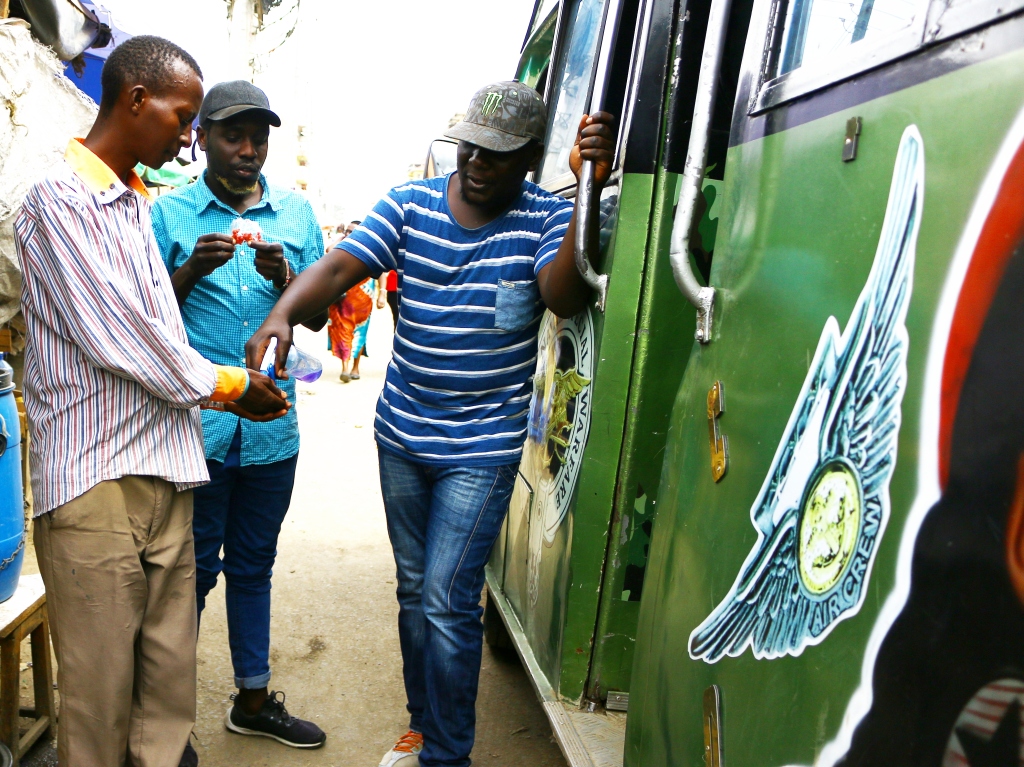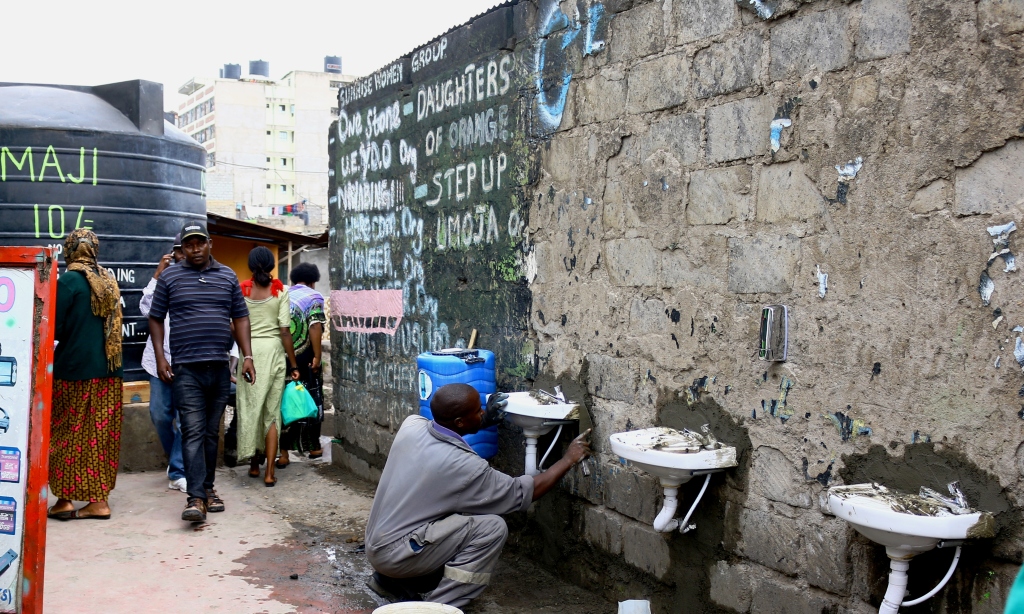By Geoffrey Kamadi

There were only 687 individuals aged 100 years and above in Kenya, according to the census conducted in 2019. This figure is included in the 400,000 persons aged over 80 years– or 0.0085% of the country’s total population of 47 million people.
This is the age range in which the fatality rate of Covid-19 rises sevenfold to 15%, according to data based on 44,000 Covid-19 cases in China. What this means is that the highly virulent disease could decimate this tiny population in no time, should the country experience the scourge to a fraction of a degree of what is taking place in some of the developed countries.
No Legislation
This is especially the case given that what would have militated against the pandemic, such as a robust health infrastructure, is either woefully inadequate or non-existent at all.
Even so, the old population has been finding itself more and more on the fringes of society. It is fast becoming a marginalized group in Kenya.
Yet, unlike other vulnerable categories such as orphaned children, women, people living with disabilities, indigenous communities and the youth, this segment of the society is not protected by law.
Attempts in the past to come up with strategies and policies to this end, both at national and regional levels, have been half-hearted at best and yielded zero results at worst.
For example, a bill known as the Care and Protection of Older Members of Society Bill, has never moved past its second reading in Kenya’s parliament. In other words, no policy, legislation or strategy exists that would otherwise safeguard the rights and welfare of the elderly in the country.
In addition, only two member states of the African Union (AU) – Benin and Lesotho – have signed and ratified the Protocol to the African Charter on Human and Peoples’ Rights on the Rights of Older Persons. The Protocol was adopted in 2016.

At least 15 AU countries need to be signatories as well as ratify the Protocol, for it to become part and parcel of the laws of individual member states. This apparent hesitancy by African countries is viewed by many as unhelpful in terms of advancing old people’s welfare.
No Safety Nets
At another level, the extended family unit which provided protection and a sense of security to its elderly members in African societies, is being eroded – if not already.
Along with this erosion is the chipping away of the elevated and esteemed status aged people once enjoyed in Africa. They were cherished and revered. This is no longer necessarily the case.
The economic realities of the day have compelled the young members of the community to move out looking for work in big cities and towns. This in turn has undermined the once-secure and cohesive family bonds.
The old are therefore left behind in their rural settings, with no one to look after them. Some instances actually demand that they take care of their grandchildren, even as their parents are working in urban centres.
Old people feel discriminated against. They cannot find jobs, making it difficult for them to earn a living. Antipathy against them is turning into hatred, something which has been exacerbated by the Covid-19 pandemic.
It is high time this segment of society, which in many ways is a treasure to have, be enshrined in legislation. This is the only way that their welfare, which includes the right to health can be protected.


